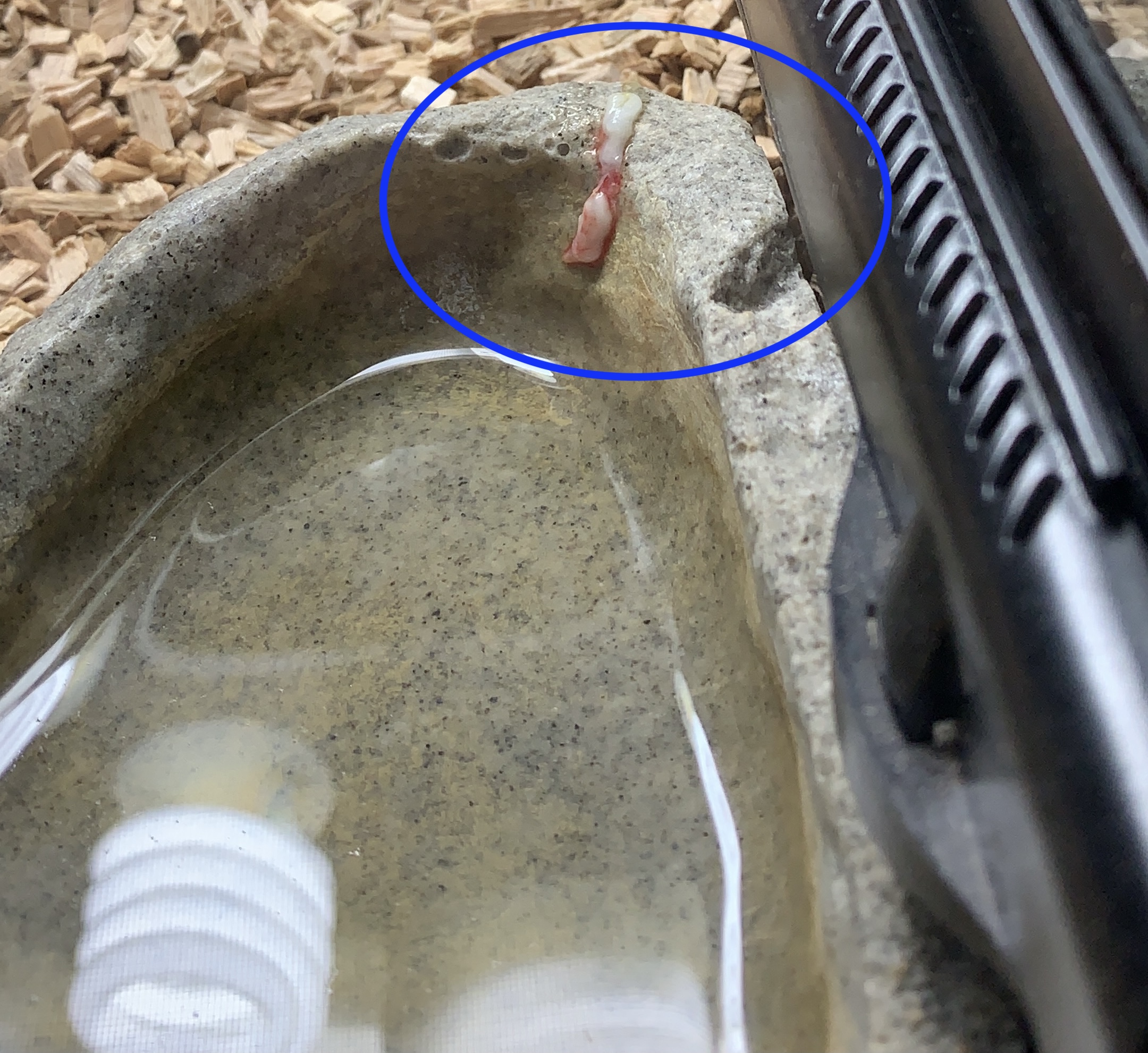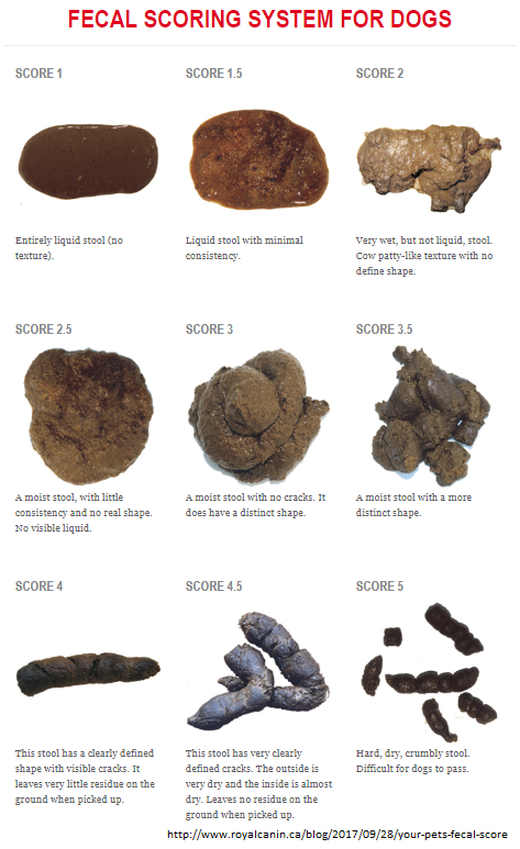
Our vets will make note of your dog's medical history such as predisposition for gastrointestinal disorders, previous ulcers and how severe their diarrhea has been thus far.When you take your dog to your veterinarian or the emergency vet due to bloody diarrhea or vomiting this is what you can expect: If routine diagnostic procedures are unsuccessful in pinpointing the cause more invasive diagnostic testing may be needed to diagnose the issue.

/blood-56a26f865f9b58b7d0ca502f.jpg)
The underlying cause of your dog's bloody vomit or diarrhea can be challenging to diagnose. What will the vet do if I bring my dog in? Other symptoms that may become apparent if your dog is experiencing continuous diarrhea include weight loss, fluid loss, dehydration, lethargy, electrolyte imbalances, hypovolemic shock and hemoconcentration.

Regardless of the cause, bloody diarrhea or vomiting is an emergency that could potentially be fatal if left untreated, so immediate veterinary care is called for.Īt Northeast Veterinary Referral Hospital, our specialists and emergency vets are here to offer advanced care for pets with internal health conditions. There's blood in my dog's diarrhea, what should I do? One of the most worrying signs that something is wrong with your dog is if you notice blood in their stool while they are experiencing diarrhea. If their bowel movements don't return to normal or if they seem lethargic, skittish or otherwise "off," then it's time to bring them in to your Plains vet's office. When you notice your dog has developed diarrhea, keep an eye on their behavior and the consistency of their stool over the course of the next day or two.

This can include food allergies, gastrointestinal disorders, intestinal parasites, internal injuries and more. However, this condition can also be a sign of infection or illness affecting your dog's gastrointestinal tract. In instances like these, your dog's diarrhea should clear up after a day or two. What is causing my dog's diarrhea?ĭogs can develop diarrhea for any number of reasons including stress associated with travel, significant changes in their routine or staying at a pet boarding facility. Diarrhea is the result of faster-than-normal movement of digested food and other fecal material through your pup's gastrointestinal tract and can be a symptom of any number of common or serious conditions and diseases. There are a number of reasons why this common condition might arise in your pup. While it may be annoying, or even worrying, when our canine companions have loose stool or diarrhea, it isn't that uncommon.


 0 kommentar(er)
0 kommentar(er)
